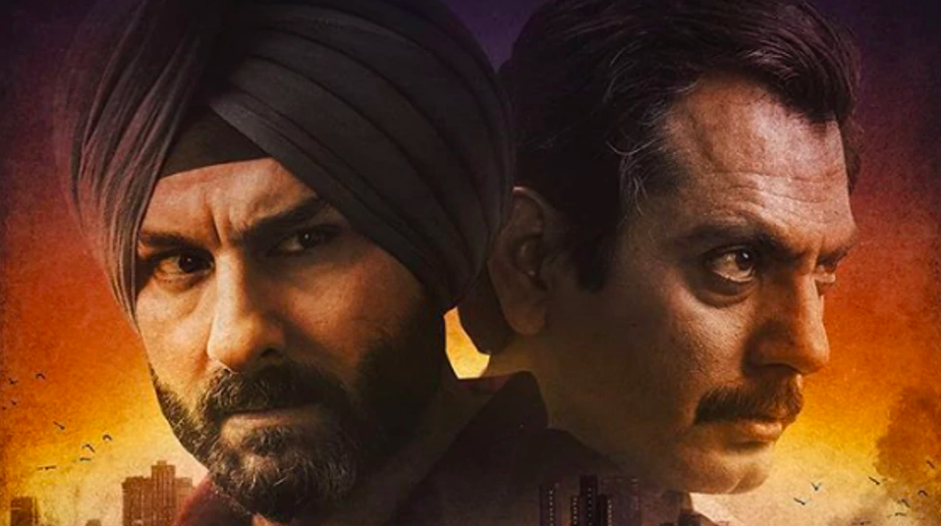One particular line in Netflix’s Sacred Games has really stuck with me. At one point, Ganesh Gaitonde, played by Nawazuddin Siddiqui, summarises the Shah Bano case that fed into the polarised climate of the 1980s. Referring to former prime minister Rajiv Gandhi’s actions, Gaitonde narrates, “But our former prime minister, Rajiv Gandhi, a pussy, overturned the court’s order and threw Shah Bano to the mullahs.” I couldn’t help but wonder if such a line would have made it past the censor board if this were a movie.
I’m sure most of the people in that room watching the show would have demanded a cut. And even if the censor board didn’t raise a fuss, then the mobs would have taken to the streets, demanding a ban. But I’m more sure that even hypothetically, there’s only a slim chance, if that, of a Bollywood movie getting away with calling a former PM a ‘pussy’. After all, politics has always been a controversial subject for a film industry that has a habit of producing mediocre, cliche-filled movies.
It is the establishment’s reluctance to experiment with anything new that is making Netflix the new destination for storytellers. In the case of Sacred Games, Netflix has given filmmakers the opportunity to explore the political thriller genre, and that too for a global audience, not just Indian.
The show, which essentially follows the lives of criminal Gaitonde and cop Sartaj Singh (Saif Ali Khan) actually touches on a lot of hot button topics – politics, religion, morality, hatred, police, the underworld, gender and of course, love.
Both Gaitonde and Singh are men haunted by their inner conflicts. Anurag Kashyap directs Gaitonde’s track, charting the character’s journey from runaway kid to underworld don. The show doesn’t flinch away from depicting Gaitonde’s blasphemous opinions on religion. At one point, compelled to question his faith after a few setbacks, he declares himself god. Kashyap and Siddiqui capture Gaitonde’s struggle between faith and his belief in his own immortality beautifully.
Vikramaditya Motwane, who directs Singh’s narrative in the story, is tasked with portraying a man who, apart from belonging to a religious minority, is also part of a professional one – honest cops. To its credit, the show matter-of-factly depicts Singh’s consumption of anxiety medication as well as the ties that bind the entertainment industry with the underworld and politicians.
What really makes the show so relevant to today’s political current, is its blunt depiction of the rise of Hindutva. The story always maintains a direct link with our contemporary moment. Kashyap shows how nationa-level politics trickles down into the lives of individual characters. Gaitonde, who walked a secular line is reluctantly cornered into standing with ‘his community’ once mandir (temple) politics take hold of the country. What was once a conflict between two individuals (Gaitonde and Isa Suleiman) is reconfigured as a Hindu-Muslim fight. And, once Suleiman’s men kill Gaitonde’s wife, his reluctant religious affiliation turns into full-throated bigotry as he massacres Muslims in rage.
The show takes on mythical religiosity as well. Episode titles and narrative constantly evoke the Ramayana and Mahabharata, giving the show’s tone and dialogues a dramatic colour. It’s not that Indian audiences have never been exposed to religion and politics through films. But it has been a while. And, what makes Sacred Games so unique is the blunt, crude way in which it tackles religion. There’s no sugar-coating of faith and its effects here.
It is Netflix that has given the makers of Sacred Games the freedom to take on these subjects. Watching the show, it’s easy to feel the directors’ desire to break free from the chains of censorship which have stifled originality in Bollywood. It’s refreshing and delightful to see something on our screens that actually deals with the problems of our time.
Featured image credit: Youtube screenshot

